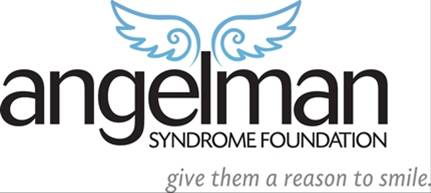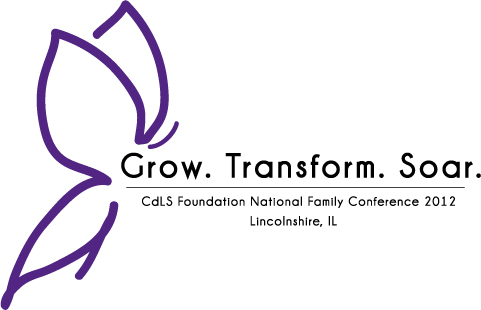Meet the team - Soma Das, Ph.D
Starting in this month's newsletter we will be taking a closer look at the various team members that comprise the University of Chicago Genetic Services. First up is Soma Das, Ph.D., Professor and Director of the DNA Diagnostic laboratory. Dr. Das received her B.Sc. in Health Sciences from the University of Ife, Nigeria, followed by her M.Sc. in Medical Genetics from the University of Glasgow, and her Ph.D.



